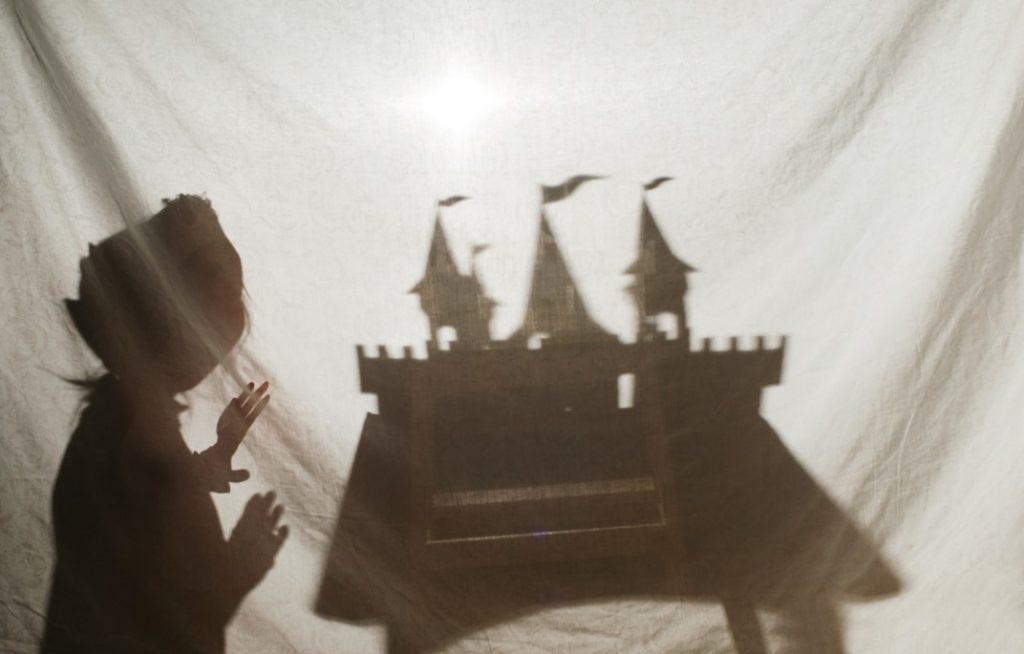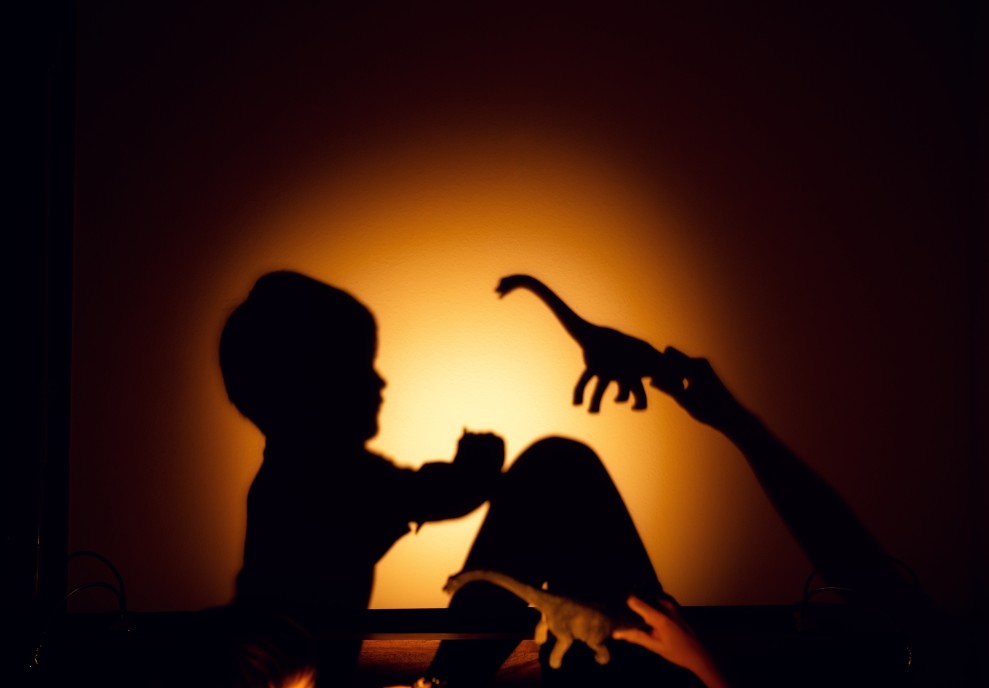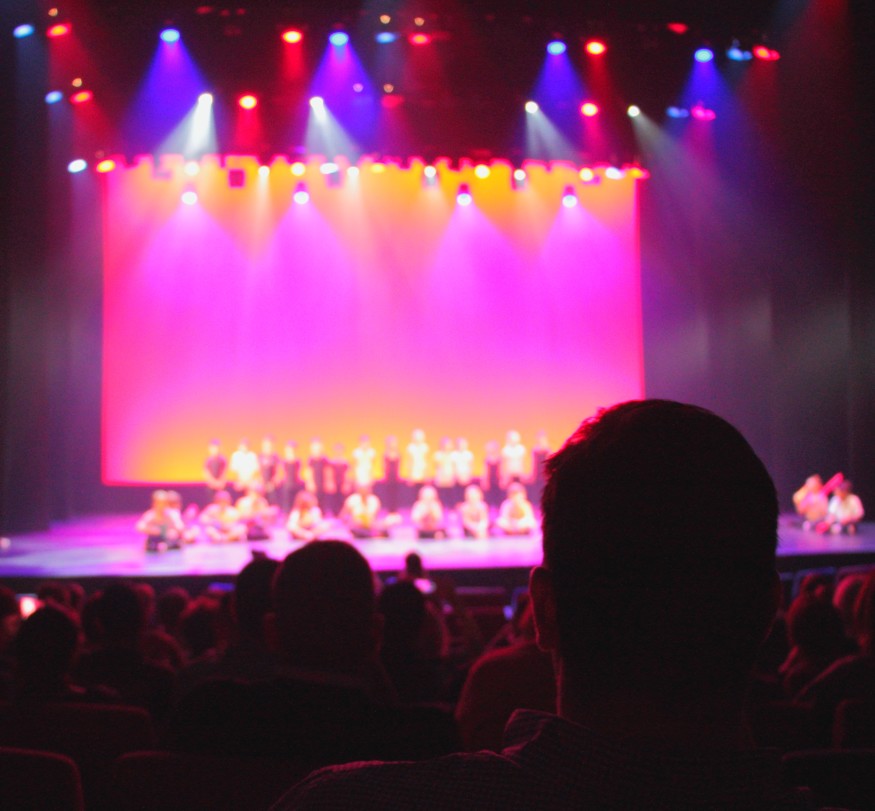The Purpose of Children’s Theatre
There are many factors that influence your decision to go to a play. Fun and entertainment are just a few of the reasons. Others include education, exposure to difficult situations and learning about historical events. For many parents, however, these are not the main reasons to go to a children’s theatre. In this article, we’ll explore each purpose in detail. Here are some reasons why children should attend plays:
Entertainment and fun
Many people are always looking for ways that children can be entertained and educated. Children’s theatres offer both adults and kids a wonderful opportunity. With the advent of online ticketing sites such as StubHub, it is easier than ever to enjoy a show with your children. This article discusses some of the benefits of attending a children’s theatre. These are three of the most loved shows you can see with your kids.

Theatre takes children to places they would not normally go. Children can step into the shoes of another person and learn valuable lessons on empathy and cultural relativism. Children also learn new skills such as teamwork through this experience. A night at the theater can be a great way for you to spend quality time with family and friends. It is important to remember that children should have fun with the show.
Education
Theater isn’t just for children. Theater can encourage reading, foster a love of literature, and even increase attention span. Children are used to seeing new images every three to four seconds in the digital age. They are also flooded with information. Children are often required to focus for at least an hour in a children’s theatre. Children learn to focus longer by being exposed to new concepts and experiences.
While entertainment and education have many purposes, children’s theater can help build confidence. Theater is often a jumping off point for stories that would otherwise be lost in a book. Because it jumps off the pages, a play encourages reluctant reader to read. Theater, unlike film, requires that the audience participate. It changes with the audience. A film, on the other hand, is static and doesn’t allow the audience change its perspective.
Exposure to difficult situations
Children’s theatre is a unique way to engage with issues affecting their lives. It can expose children to topics like the dangers of electricity, family dynamics and war, and allow them to have fun while learning. A good production will not force a particular view on the audience. It will allow them to form their own opinions and think for yourself. Children’s theatre, regardless of its purpose and importance, has a significant impact upon the world and should therefore be supported.
Children’s theatre can include a variety of devices. The focus of these devices will depend on the age of the audience and the needs of the actors. Young children may need a high degree of visual stimulation, while older children might benefit from a narrative focus. Exposure to challenging situations is the purpose of children’s theatre, so be sure to use a variety of different devices to achieve the best results.
Learn about history
There are several methods for teaching about history through children’s theatre. One of them is freeze-frame, which allows children to think and ask questions about the characters and their experiences. The performance may include a scene in which a bus carries Rosa Parks to school. The bus scene may be adapted for children, or they might listen to scenes from The Middle Passage. The performances are often preceded by a brief lecture during which the actors answer students’ questions.
Children learn history best when they are involved in historical drama. Children learn by reenacting historical events, and meeting real historical figures. Hilary Mantel once said that history is not only good drama, but also good history. Historical dramas can also help children develop a conceptual understanding about history. Children will often ask questions about historical plays, which can help them learn. Teachers should make sure that dramas are not used as a substitute to actual history.

